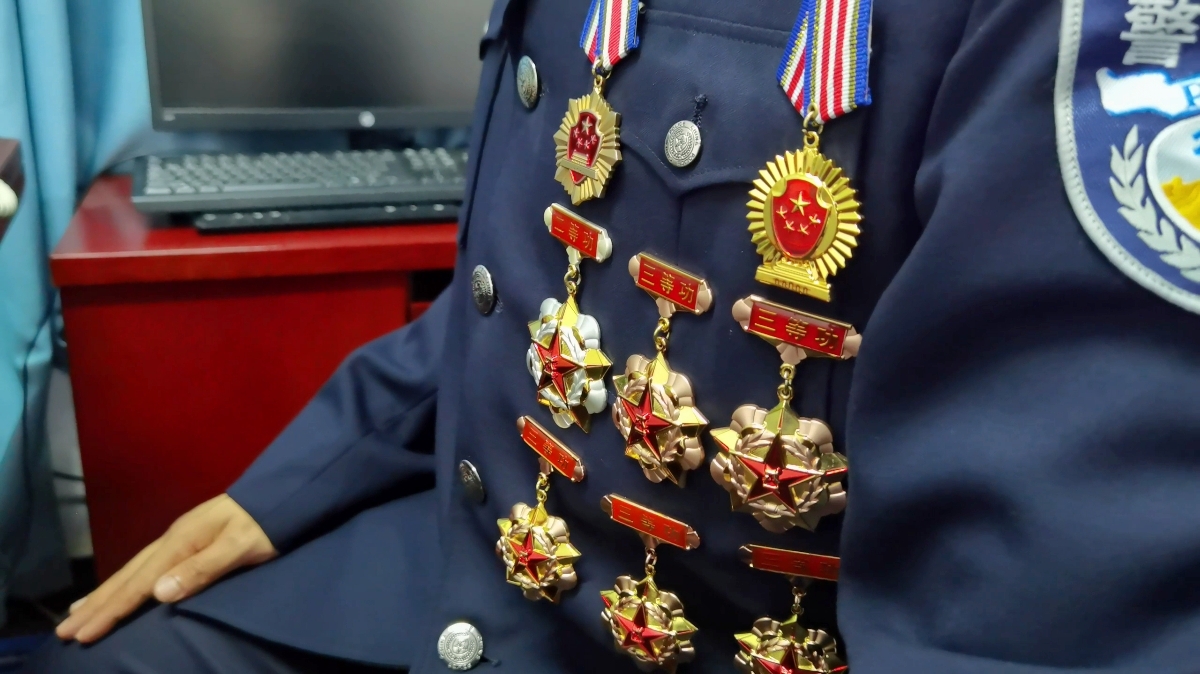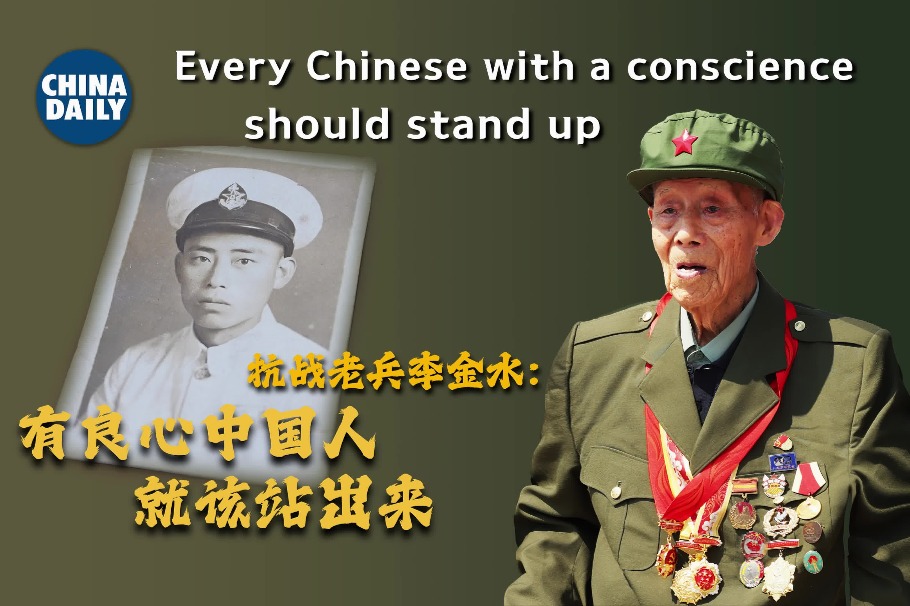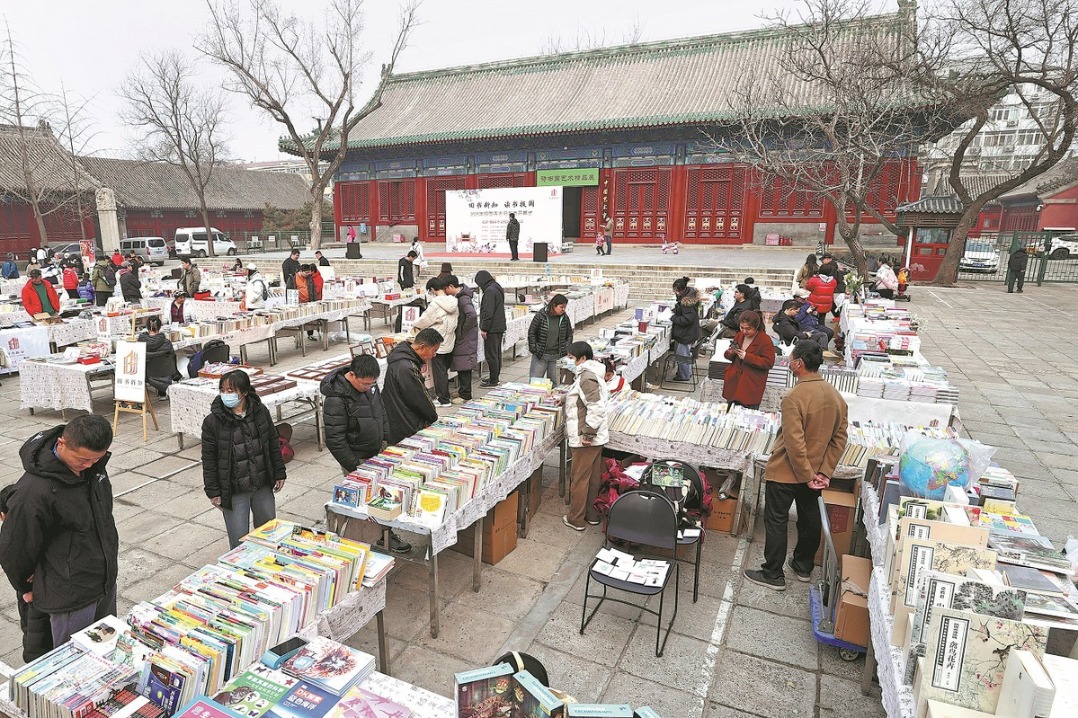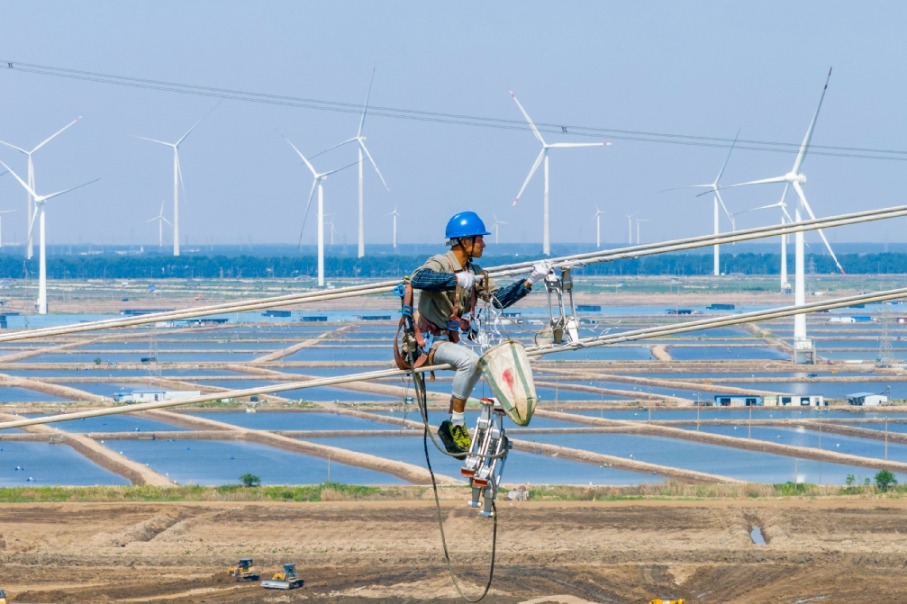Life behind the lines of an undercover narcotics officer


Zhang Wei (pseudonym) still remembers his first undercover operation as a narcotics officer back in 2004. He and a female colleague posed as a couple to meet a suspected drug trafficker and confirm the location of a deal.
It was a relatively straightforward assignment, but Zhang admitted he was "a little excited and nervous" — feelings that nearly led to a fatal mistake. In the middle of the operation, he slipped into his native dialect instead of speaking Mandarin, potentially exposing his background.
"My partner gave me a quick cue, and I switched back immediately. Fortunately, the trafficker didn't notice," he said.
That close call taught Zhang just how high the stakes were — and it was also a pivotal moment that solidified his commitment to the job.
For more than two decades since, Zhang has risked his life working in the shadows to fight drug-related crime in Yunnan province.
Operating quietly behind the scenes, he has helped bring numerous traffickers to justice, all while keeping his identity hidden.
For Zhang, building trust with suspects is both the most crucial and most challenging part of the job. He said one must truly blend in — speak their language, know the street names for various drugs, and stay informed about market trends, price changes, and supply routes.
"If you don't have that knowledge, they'll start to doubt you — and you'll be shut out from the most important information," he explained.
The challenges of undercover work go far beyond technical skills. Zhang emphasized that officers must possess both mental fortitude and emotional intelligence.
In one particularly complex case that stretched over a month, Zhang was subjected to a series of "tests" by the suspects. They offered him drugs, alcohol, and even illicit services to verify his credibility.
By calmly deflecting and offering believable excuses, Zhang managed to win their trust without compromising his integrity. The effort ultimately led to the seizure of 20 kilograms of illegal drugs.
"These situations require an undercover officer to find the right balance," he said. "You can't break their trust, but you must also uphold your principles."
Patience, he added, is essential. "Many cases aren't resolved overnight; it's a long process of probing, negotiating, pushing, and pulling," Zhang said.
But that doesn't mean they're always on the defensive. "An undercover officer has to know when to wait and when to move," Zhang said. "Sometimes the other side takes the lead; sometimes, we do."
While films and TV shows often portray undercover officers as lone wolves, Zhang stressed that real-life operations are a team effort.
"No mission is carried out by just one person," he said. "Behind every successful operation is a dedicated team, carefully planning everything — from the roles we play to the smallest details of how we act and speak."
And when danger strikes, it's his team that gives him courage. "Even when I'm alone in a closed room with suspects, I'm not afraid," Zhang said. "Because I know my team is right outside, ready with backup plans."
Behind the scenes
Life as an undercover officer comes with personal sacrifices. Zhang missed many family milestones — such as the birth of his second child — and appears in few family photos. Still, he believes the results are worth it.
Thanks to intensified law enforcement efforts and government support, he said, traditional drug trafficking routes through border areas like Dehong in Yunnan province have seen a marked decline.
More recently, however, traffickers have adopted new tactics to avoid detection. Zhang noted that they now use encrypted messaging apps and underground financial networks, and deliberately separate drug deliveries from money transactions.
"This makes tracking them and collecting evidence much more difficult," he said.
To young people considering a career in secret investigation, Zhang offers both encouragement and a word of caution.
"I hope more young people will join this field — to fight for justice and help protect society from the harms of drugs," he said. "But it's not for everyone. The job demands quick thinking, emotional control, and strong communication skills."
"It's like improvisation," he added. "There's no script. You walk in with a rough plan, and everything else depends on your intelligence and instincts."
guojiatong@i21st.cn
Today's Top News
- Xi meets Senegalese PM
- Xi meets Ecuadorian president
- Minister calls for ensuring SCO's role as anchor of stability
- China's tightened drug control measures bring major results
- European leaders' bias in Israel-Iran conflict disturbing
- AIIB hailed as pioneer in intl financial governance































